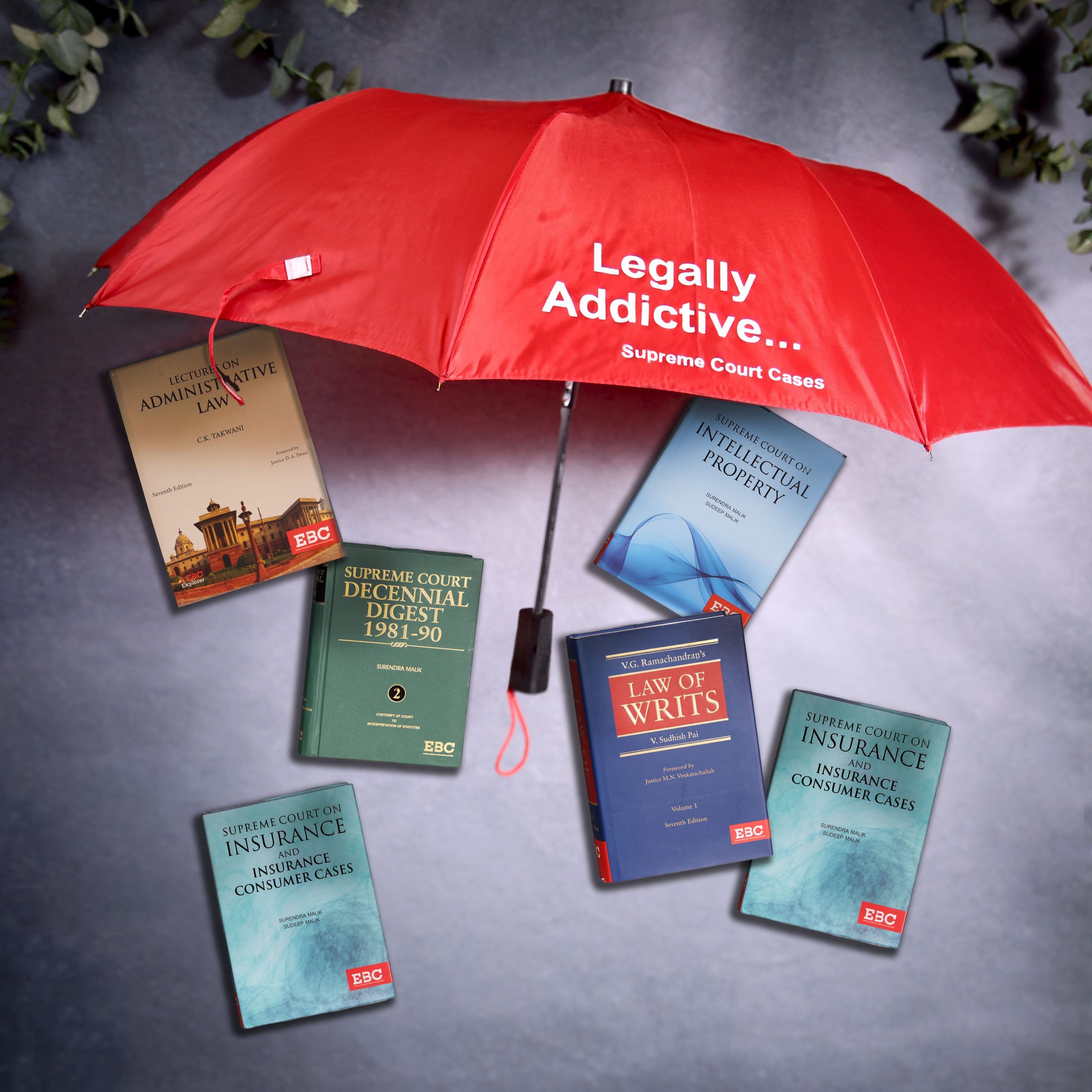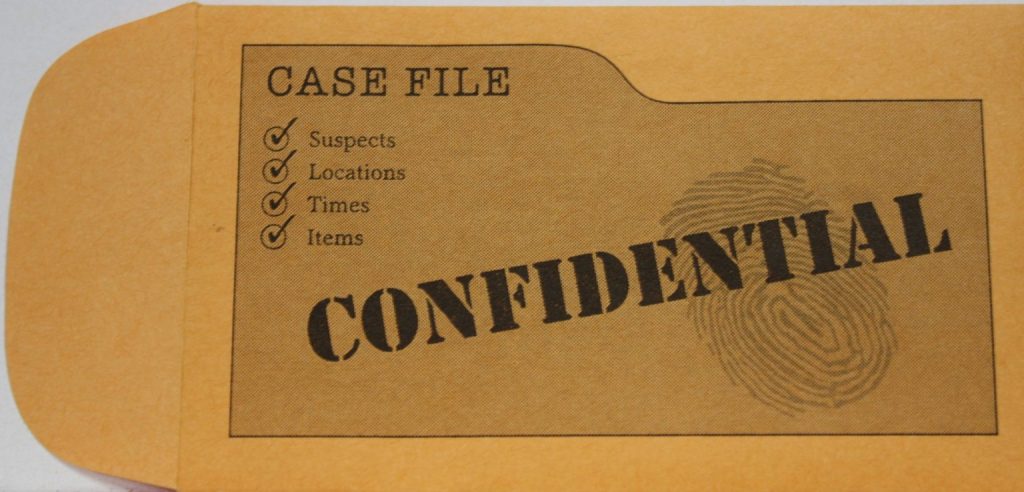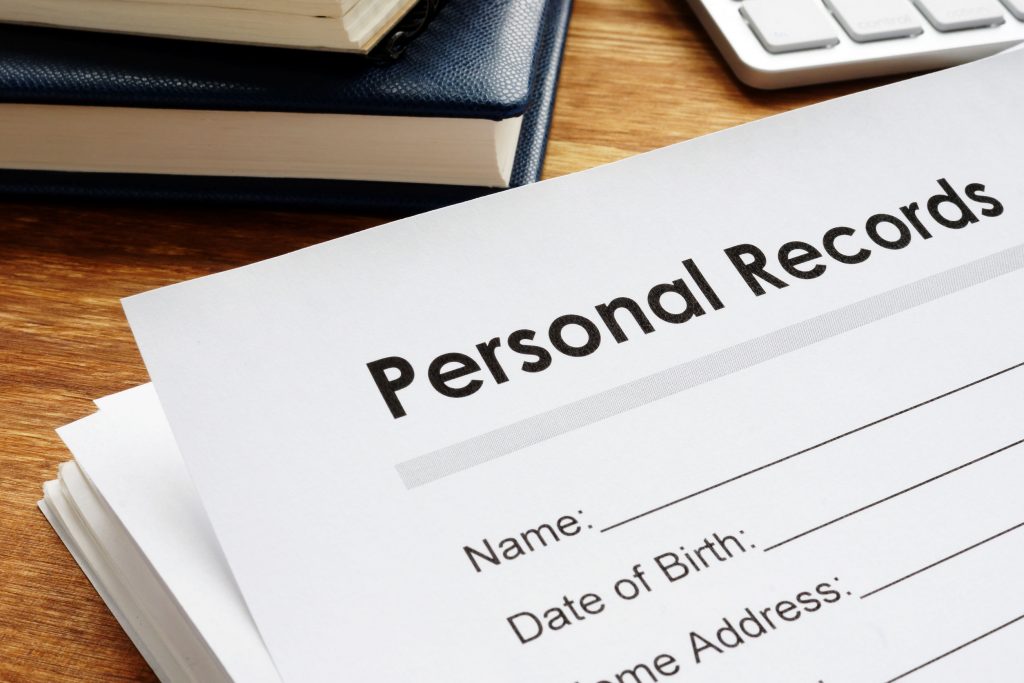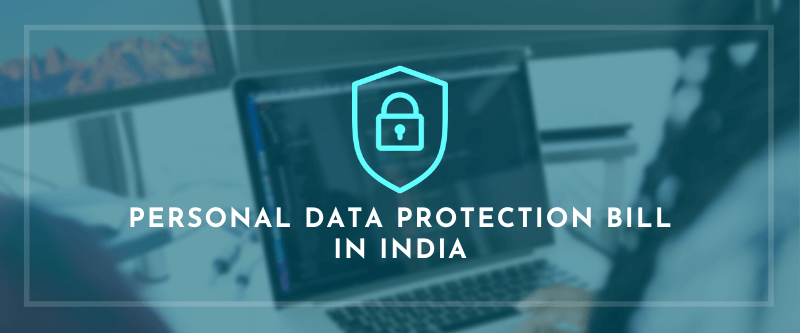EBC Webstore is India’s largest online store for legal products offering real-time information on over 3 lakh+ titles of law books and other related materials in print, electronic, and web formats. Starting its operation in 2005, the EBC Webstore is dedicated to providing reliable, secure, powerful, and simple solutions to all your legal requirements. The EBC Webstore offers a wide range of Legal Commentaries, Student Texts, Bare Acts, Digests, Books, Journals, eBooks, and eProducts as well as publications in fields allied to law.

We have all bases covered
EBC Webstore offers online payment through multiple dedicated Payment Gateways with 3D secure authentication. It has partnered with leading courier companies such as DHL, FedEx, BlueDart etc. to provide express and ground courier shipments including Cash on Delivery, Priority Express Mail and Bulk shipments to India and international countries.
In today’s digital life, it is imperative that the information we seek is available across an array of devices that now run our lives. To facilitate more convenient access to EBC Webstore, it has now been made mobile-friendly, and accessible on tablets and phones. This provides readers with all the site’s interactive functionality on a mobile browser in a faster, user-friendly way.
Most comprehensive collection of titles
Titles on legal as well as general topics related to law
EBC Webstore boasts titles of interest to its varied readership – from classic readings on various subjects to engrossing biographies and autobiographies of renowned personalities. It also provides you access to the Entrance Exam Series to guide you on various exams of not only law courses such as LL.B., LL.M., C.A., C.S., I.C.W.A., etc. but also for judicial positions all across India. Also featured are highly authoritative and standard publications on various disciplines.
Titles of over 500 + publishers
EBC Webstore has partnered with all the major Indian publishers and international chains. This not only makes EBC Webstore a one-stop shop for hundreds of thousands of books on several subjects but also multiple books by different authors for a particular subject. Thus, the customers will find one place that they are looking for. Further, this feature provides the added benefit of consolidated shipment, specifically relevant to our international customers.
EBC Webstore also provides an extensive collection of titles on international law like European Law, English Law, Singapore Law, etc. This wide range of publications provides an in-depth knowledge of subjects relating to international law.
Subscription to all major National and International Journals
Subscription to a comprehensive range of subject-wise, country, and state law reports and journals are also available to provide you with the best of case law and statutory law. Renowned law reports offered include Supreme Court Cases, All India Reporter, Criminal Law Journal, SCC (Criminal), Business Law Reports, SCC (Labour & Services), SCC (Civil), and ICLR’s English Law Reports.
Some of the state journals such as Gujarat Law Reporter, Gauhati Law Reports, Andhra Pradesh Legal Decisions, Jharkhand High Court Reports, etc., and country journals such as Pakistan Criminal Journal are featured. Journals dedicated to specific subjects of law such as Air and Space Law, Arbitration, Banking, and Business, keep you updated with the current developments in the respective areas. Subscription to and issues of the legal magazine The Practical Lawyer is available to update you on the latest legal news, happenings & updates.
eBooks
eBooks available on EBC Webstore can be read on a dedicated reader app, EBC Reader. The EBC Reader is available free of cost on Apple App Store, Google Play Store & on the web and is compatible with iOS, Android, and web platforms. It allows you to read eBooks, eMagazines, and eJournals from EBC Webstore in a simple, easy-to-use, and immersive format. It is a hassle-free means of having your entire legal library with you all the time.
EBC Reader has 200+ commentaries, textbooks, bare acts, journals, magazines, and titles of general interest in eBook format. These increasingly popular eBooks save your valuable time, and money and can be easily carried into your devices without worrying about weight or storage space. Download your favourite eBooks immediately upon purchase and read them effortlessly across any of your iOS, Android devices & on a laptop/desktop using the web version.
For more information & to download the EBC Reader please visit
https://www.ebcreader.com
You can browse these eBooks at the following link
https://www.ebcwebstore.com/index.php?cPath=8078
In case of any help, please visit
https://www.ebcwebstore.com/ebook_support.php
We have some frequently asked questions answered on the following link:
https://www.ebcwebstore.com/ebook_faq.php
More than books
EBC Webstore offers various online publications that include web-based databases and CD-Rom-based databases, like SCC Online® Web Edition and SCC Online Case Finder®.
The SCC Online® Web Edition uses authentic and reliable data to create a powerful legal research resource. It contains more than 270 databases, over 2.7 million documents, and over 12.5 million pages. This legal tool helps you complete the research quickly and more conveniently.
SCC Online Case Finder® information databases and search program on CD-ROM is a proven source for quick retrieval of case-law precedents. Trusted by thousands of practitioners for nearly two decades, SCC Online Case Finder® on CD-ROM is a tried and trusted legal research database for Indian and English law that never lets you down!
















